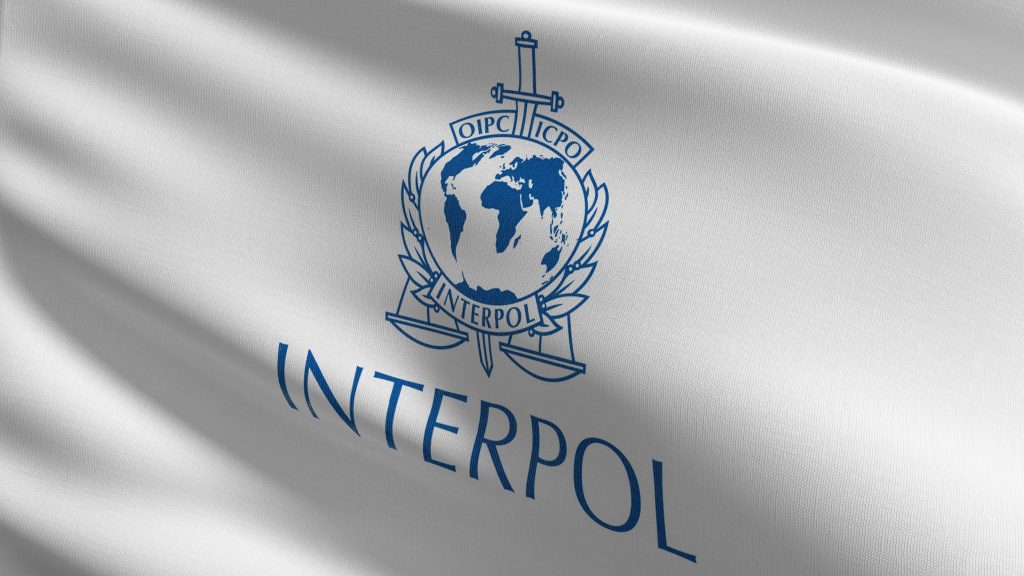We have written several articles recently on the misuse of Red Notices in Central and South America. The UN’s recent intervention in the case of two Salvadoran human rights defenders serves as a stark reminder of why these issues matter.
South America has not historically been a region associated with particularly high levels of abuse of the Red Notice system. That appears to be changing. As international Red Notice experts, we have seen a notable increase in cases where the system is being weaponised for political purposes or exploited in commercial disputes dressed up as criminal matters.
The El Salvador case provides a clear example. UN human rights experts described the Red Notices issued against Ivania Cruz and Rudy Joya as constituting a “grave misuse of the law enforcement mechanism” and an act of transnational repression. The robust language reflects growing international concern about how Interpol’s tools are being deployed in the region.
We will discuss these issues in detail at the Bar Association in Buenos Aires from 1–3 December 2025. On 2 December, we will be speaking on INTERPOL, its fight against international crime, and the misuse of its channels by authoritarian regimes as part of the seminar on Transnational Organized Crime and International Criminal Law.
Red Notices remain critical for international law enforcement cooperation. They enable countries to work together in pursuing genuine criminals across borders. But the system’s power makes it vulnerable to abuse, and that vulnerability demands vigilance. The mechanisms that facilitate justice can just as easily facilitate injustice when safeguards are inadequate or enforcement is inconsistent.
Drawing on our experience in the area, we understand that reform does not mean dismantling cooperation. It means strengthening the system by ensuring transparency, maintaining robust challenge mechanisms, and holding member states accountable when notices are issued for improper purposes.
The discussion in Buenos Aires comes at a time when we are expanding our reach across Central and South America. The region’s engagement with international criminal law mechanisms has grown substantially, and so too has the need for practitioners who understand how these systems operate in practice – when they serve justice and when they are misused.
We look forward to meeting and seeing those who attend the seminar in December. These conversations matter. They address real-world issues that have real impacts on individuals – people who face arrest at borders, who cannot travel freely, or who find themselves pursued across continents for charges that may have nothing to do with genuine criminality.
We will continue to monitor developments in this area and provide updates as they unfold. The increase in Red Notice misuse across Central and South America reflects broader trends in how international law enforcement mechanisms are being exploited. Understanding these patterns, identifying abuse when it occurs, and working to strengthen safeguards are central to our practice. As the system evolves, so too must the vigilance of those who work within it.
—
Image: Unsplash



